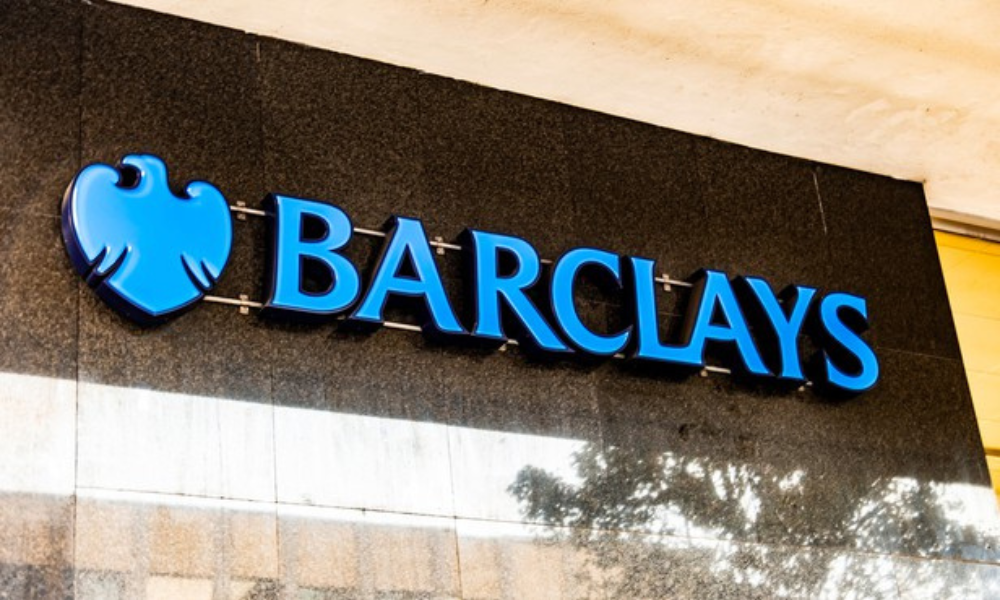Just a week after cutting rates, what's prompting the lender to raise mortgage rates?

Barclays has announced rate increases for a host of mortgage products across its purchase and remortgage ranges, effective tomorrow, October 18.
The reprice affect both residential and remortgage products, with most seeing increases of 0.20 percentage points.
For residential purchases, the changes include a two-year fixed rate at 60% loan-to-value (LTV) with a £899 product fee, which will rise from 3.87% to 4.07%. The two-year fixed rate at 75% LTV with a £899 product fee will increase from 4.09% to 4.29%.
In addition, the five-year fixed rate at 60% LTV with a £899 product fee will go from 3.76% to 3.96%, while the five-year fix at 90% LTV with a £999 product fee will have a rate increase from 4.34% to 4.54%.
Barclays’ latest price adjustments also impact its Green Home products, aimed at energy-efficient homes, which will also see rate hikes. For instance, the two-year fixed rate at 90% LTV will increase from 4.85% to 5.05%.
On the remortgage side, Barclays will raise several rates, including a two-year fixed rate at 60% LTV with a £999 product fee, which will increase from 3.96% to 4.16%. The five-year fixed rate at 85% LTV with a £999 product fee will rise from 4.75% to 4.95%.
The Great Escape remortgage products, which come with no product fees, will also see increases. For example, the five-year fixed rate at 60% LTV will go up from 4.04% to 4.24%.
Barclays will also adjust rates for high-value loans, including products with loans up to £10 million. A five-year fixed rate at 60% LTV with a £1,999 product fee will increase from 3.85% to 4.05%.
The rate increases come just a week after Barclays announced rate cuts of up to 0.50 percentage points across certain mortgage products, showing the lender’s ability to quickly adjust in response to fluctuating market conditions.
However, Nicholas Mendes, mortgage technical manager and head of marketing at broker John Charcol, believes Barclays’ latest move is likely driven by service levels and managing business volumes rather than swap rate movements.
“With Santander and NatWest recently repricing, Barclays and HSBC have moved further up the rankings, resulting in increased applications,” Mendes said. “Lenders have done well to hold off and not react quickly to recent swap rate increases, but the recent competitor repricing has put them in a difficult position.
“The market reacted favourably to yesterday’s inflation data, but I don’t expect many lenders to reduce their prices quickly. Instead, they will likely wait for the upcoming budget to pass before readjusting their propositions.”
Want to be regularly updated with mortgage news and features? Get exclusive interviews, breaking news, and industry events in your inbox – subscribe to our FREE daily newsletter. You can also follow us on Facebook, X (formerly Twitter), and LinkedIn.



